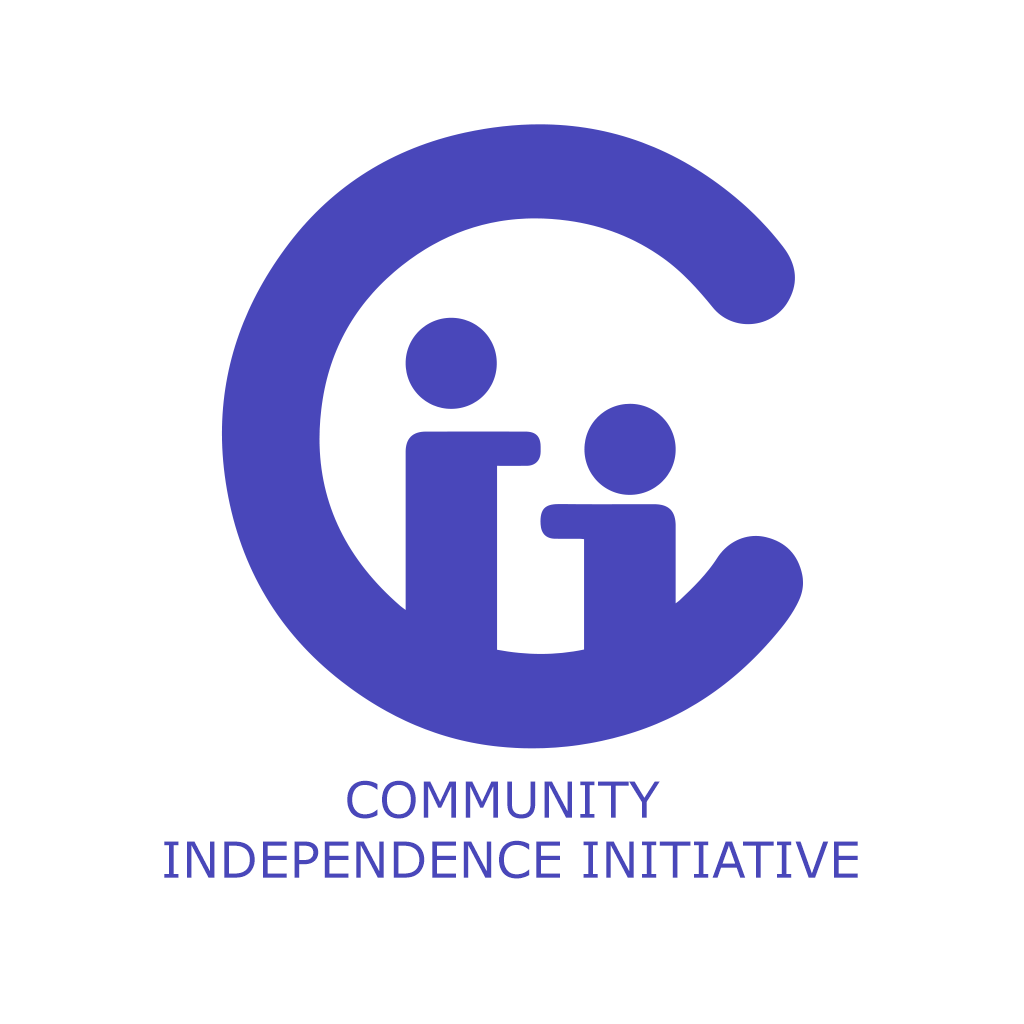
The Alternative
The Values
The Alternative speaks to a set of values that are counter to many of the current stereotypes of those living in and around poverty. Primary among those views and values are …
• … that rather than being “takers” from society, those in and around poverty are significant contributors, hemmed in by circumstance
• … that these families are the only experts of their own lives and are the most capable of leading their own change. The current image of them as “takers” leads to stereotypes and pre-assumptions that they are less capable and must therefore be saved by outsiders.
• … that unlike the stereotype, people in poverty help one another every day, rather than drag each other down. Mutuality is alive and well in our low-income communities.
• … that hidden among the 6 billion living in and around poverty are amazing artists, mathematicians, programmers, managers, who can help us solve world problems
• … that validating and supporting the innate efforts being taken in low-income communities can expand the ‘pie’ for everyone, again contributing rather than taking.
Peer-driven Change is the Approach
What makes this approach different from most current anti-poverty work is that it recognizes and supports self-help efforts by the residents themselves. CII does not start or lead projects, but once families begin a project and add their own resources and energy, CII affirms that they are the leaders and helps to bring funds and recognition to their efforts. In Liberia friends have started meeting weekly developing and leading the projects that mean the most to them. Once they have a plan and have invested time or their own money into the project, CII will put a profile of the project online and assist those families to get the funds and connections they seek. This facilitation and support role is the proper role of local or international NGOs or nonprofits.
People come together formally and informally to change their own lives. The western NGO corporate structures are not natural, even if locally led. Not only are the board members not chosen by the residents but these organizations become dependent on their funders, not the residents to survive. CII is helping interested NGOs and nonprofits how to not disrupt resident leadership and efforts that range from a small group of friends to a village with elders at the helm. We must honor how people of different cultures organize themselves if we are to stop the paternalism from western society.
This Alternative approach requires that we first ask what people are already doing to survive or to move forward. Ask about peers that have helped them and who they have helped. Once those natural efforts are made visible, ask what role they feel you, an outsider, can play that would enhance their self-help efforts.
The development sector must adjust to being follower leaders. Those who seek social justice have to cede power for others to be empowered. It is that respect that can begin to address many of the injustices, the racism and prejudice, that is the primary barrier to social change.
A growing number of nonprofits and NGOs are now being helped to change their practice. If you are interested, contact mariezernovoj@gmail.com

